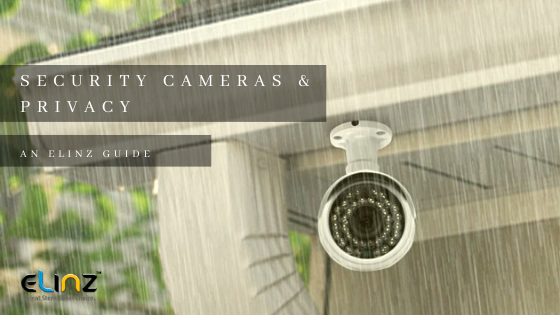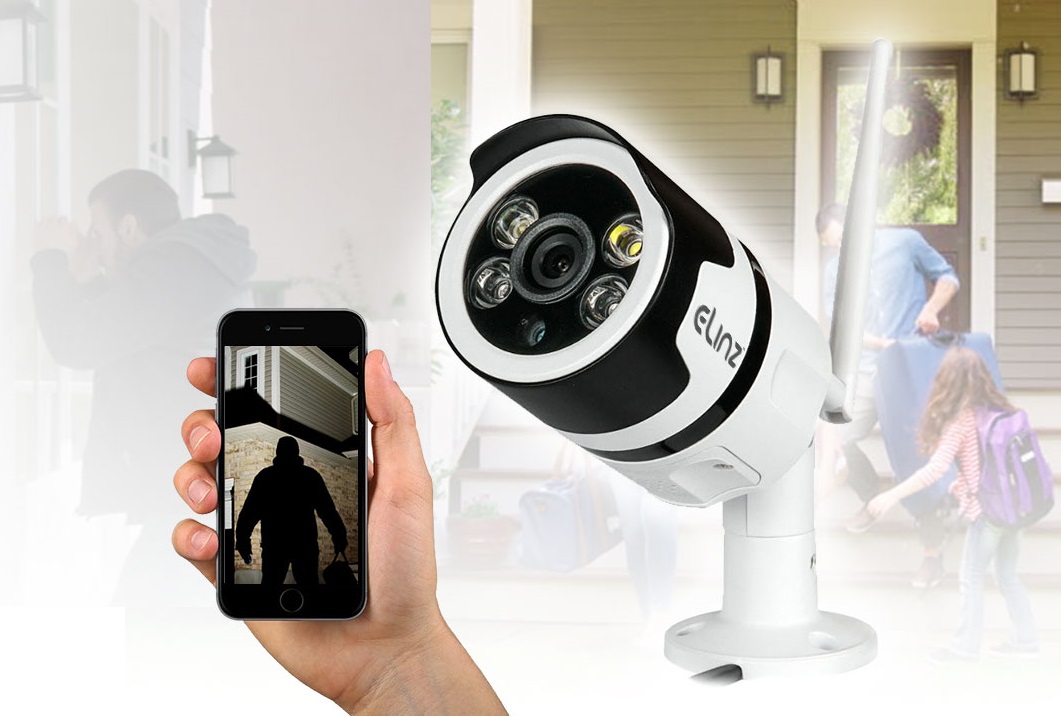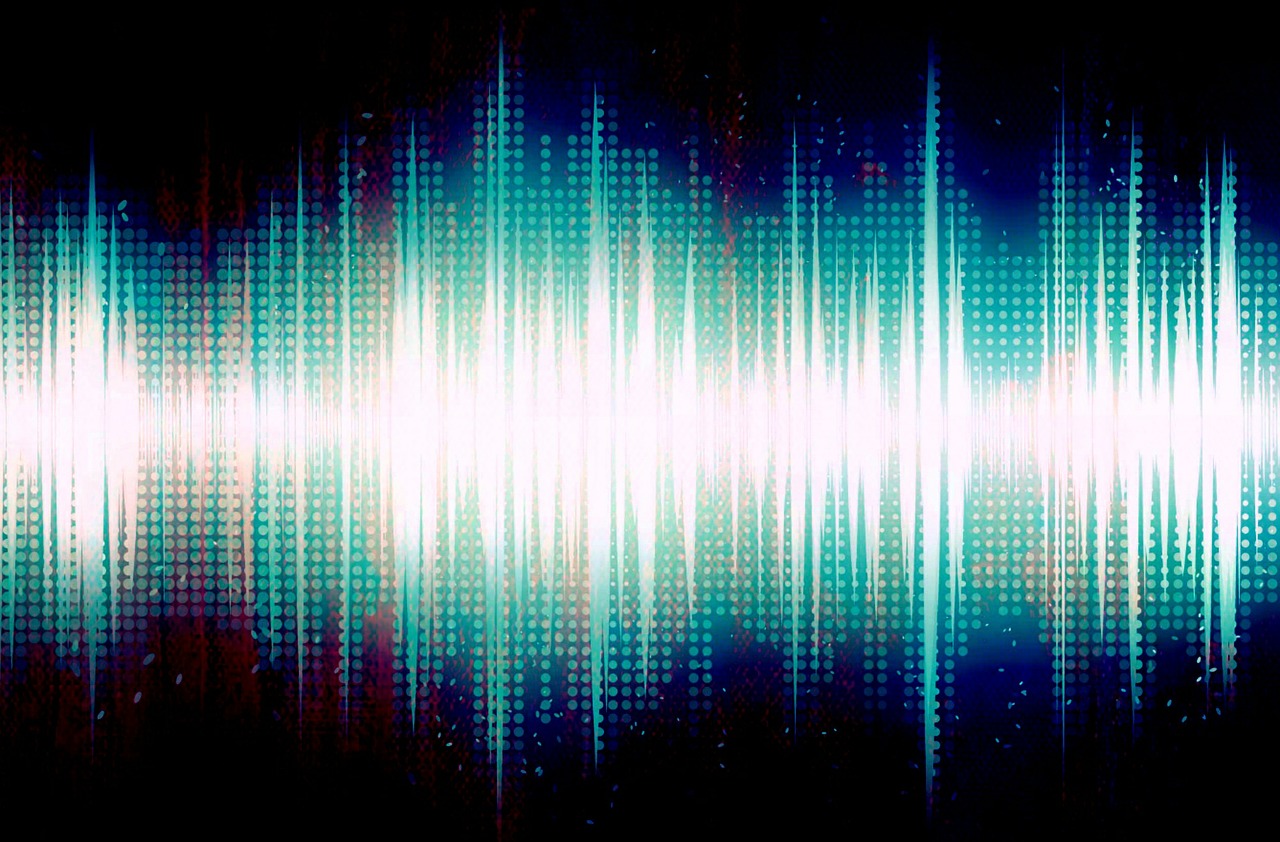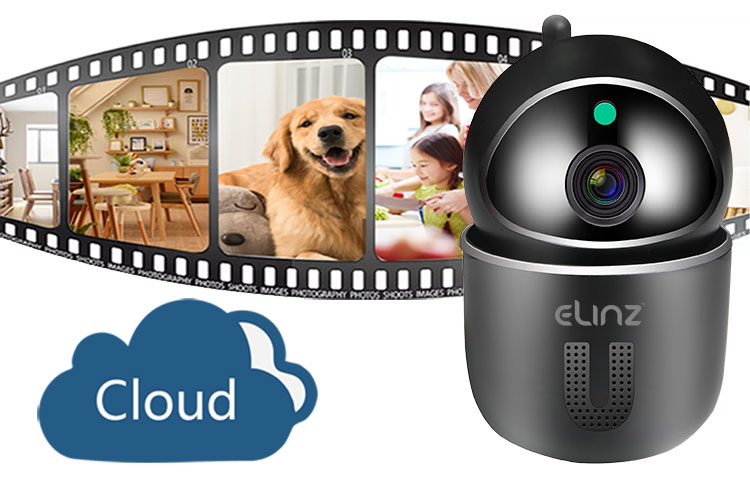
We all have certain worries regarding our property in one way or another. Usually, these worries stem from security concerns, from break-ins and crime to just needing general surveillance and being proactive in keeping an eye on your home or business. They're investments that you've worked hard for, after all.
During this time, it’s particularly important that you keep an eye out for your home, and security cameras are the perfect fit for that.
So whether you’re nervous about something and would like to trace some activity in, around or outside your home, consider getting a security camera (or checking their feeds from time to time, if you have some installed already!).
There are, however, legal and social limitations when it comes to using security cameras. Today, we explore those to make sure that you’re using your security cameras the right way. If you’ve been having trouble with some neighbors or you’ve been called out on some issues with your security camera, do read on and use this as reference.
Mind where your security cameras are pointed. The primary purpose of a security camera is to keep an eye on your home or your business. If you’re using it to surveil something else, then you’re probably using it wrong.
If you’ve been using it to keep an eye on your property and nothing else, good! To make sure that you don’t irk your neighbours and cause a problem, do make sure that you’re following these guidelines when setting up your security camera or if you’re thinking about repositioning them.
Make sure that they don’t point to doors or windows. Anyone would feel uneasy if they’re being watched by strangers day in, day out. Some people complain almost immediately once they see security cameras trained on their homes. If you were that neighbour, would you like your home to be at the end of a rolling security camera that you don't own?

Even unintentionally, this might cause problems; make sure that your security cameras are pointing inward or at least, sideways, covering your property. Make sure to review the feed and from your security cameras and that it doesn’t capture anything from your neighbour’s yard or home.
Have a reasonable amount of security cameras installed in your home. The reason for this isn’t just to make your neighbours feel a little safer; it also gives you the best value for money when it comes to surveillance, and attracts less attention.
Some security experts believe that if you overdo the number of security cameras in your home, then it would be similar to saying out loud, “I have something worth guarding indoors with these many security cameras; I might be worth breaking into!”
Security cameras are not only used for surveillance, but they’re also excellent deterrents IF they’re installed with moderation and discretion.
The more security cameras you have, the more your neighbors will feel a little uneasy, too, thinking that one of those cameras could be recording into their homes.
Recording audio
Under the law, recording conversations that you are not a part of is not legal; as the law suggests, if you’re in it, then you’re not allowed to record it. That extends to security cameras; if your camera has an audio recording function, make sure that it’s turned off especially if it’s within earshot of your neighbour’s home.

Recorded audio from security cameras are sensitive material; handle carefully.
If you record something that isn’t supposed to be recorded, make sure to discard it immediately. It’s not yours and was a private moment between two individuals in a conversation you’re not a part of.
Recording in your establishment
If you own a business that caters to the public, such as a restaurant or a physical store, make sure to put up a sign that you have security cameras to protect your property.
If you don’t, you don’t have the consent of people coming in and going out of your business.
It’s important to understand that while security is paramount when it comes to businesses, the privacy of your customers is equally important. Having a sign that mentions that there is surveillance solves that problem.
If you do capture a private conversation, refer to the rule above and err on the side of caution. It goes without saying as well, that private areas such as restrooms (if you have any in your establishment) aren't supposed to have security cameras at all.
Review your footage often. This not only serves to protect the privacy of people that are being recorded and makes sure that you’re in the loop with what happens inside your home or business, but this also makes sure that you have enough space on your security camera DVR/NVR’s hard drive.
If you’re unable to do so or if you don’t have the manpower to get it done, you can simply set your security camera to override older footage with newer ones.

With Elinz' cloud storage functions on plenty of our security cameras, you'll have an easier time reviewing footage.
Security cameras are wonderful things if used properly. They can be used to thwart crime & criminality and helps prevent it in some cases too. Like plenty of gadgets that deal with the law and privacy, they must be used responsibly not just to obey, but to show consideration for other people.
All this being said - a good rule of thumb is that if you feel that you’re invading into the privacy of other people by using a security camera or while you’re reviewing some footage from it, be a good neighbor and reposition the camera.
For all your security camera needs, do visit us today at our security camera category page, where you’ll find a selection of IP cameras, CCTV camera setups from 1 - 8 cameras, and a lot more.
Stay safe, stay healthy, and stay indoors for now!




